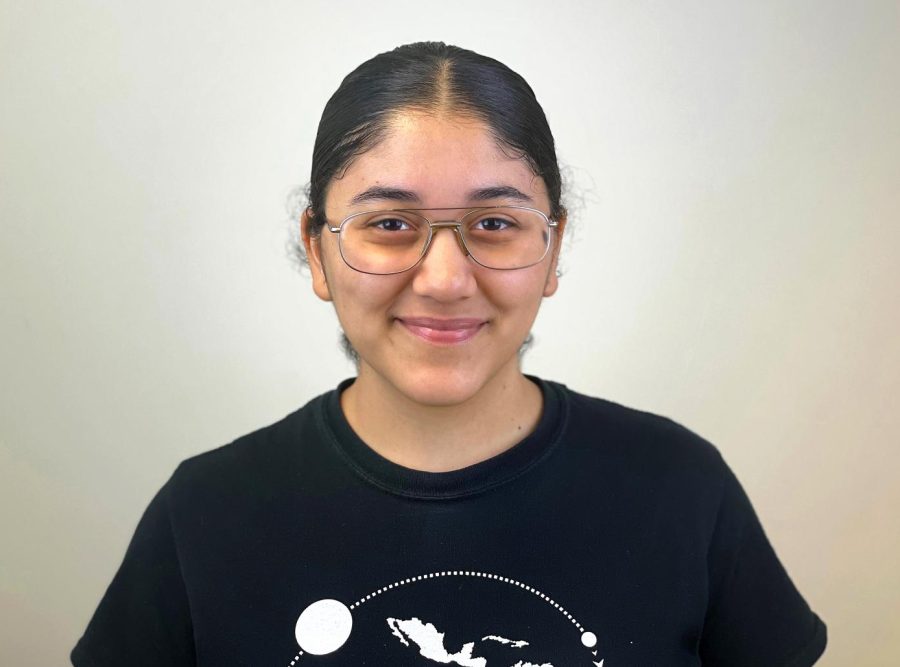COLUMN: Hold the food industry accountable
September 12, 2021
Maybe I’m an outsider when I say this, but when it comes to beverages there is nothing that I enjoy more than drinking water after a long day.
I love iced tea, orange juice and the Pink Drink from Starbucks, but nothing makes me feel more refreshed than an icy cold glass of water.
Okay, maybe I’m exaggerating a little, but the point is that I feel really good after drinking a glass of water.
Then I learned that even with a water filter, drinking water can still contain microplastics.
In a 2019 study from the World Health Organization, it states that microplastics have been detected in freshwater, wastewater, bottled water, tap water and more.
The study concludes that, despite widespread concern, “there is currently no evidence to suggest a human health risk from microplastics associated with biofilms in drinking-water.”
That conclusion does not do much to alleviate my anxiety over the microplastic issue, because there is still so much more we need to learn about the health and environmental impact of microplastics.
I’m not particularly interested in finding out that microplastics are extremely dangerous when it will be much harder to find a solution to this issue.
Microplastics are not just a concern because they are in our water, but also in our food.
A while ago, a video began circulating from TikTok user Kash (@gmfmusik) in which he showed how supermarket food was ground up to make animal feed, all of it still fully wrapped in plastic.
That was then used to feed pigs, which is used to feed us, which partially explains why we’ve been consuming so many microplastics through our food.
In fact, researchers found evidence of microplastics in tissue samples taken from major human organs such as the liver, lungs and kidneys of donated human cadavers.
We know why this is allowed: the food industry we live in prioritizes low costs and maximum productivity. As long as things run quickly and cheaply, those Big Wigs won’t care what is in our food.
The only thing worse than learning so much about the amount of crap the food industry allows in our food and drinks is that feeling of hopelessness I have, like I can’t do anything about it.
What am I supposed to do about this issue? Stop eating store-bought food? Start gardening? Raise my own livestock?
That life is not readily available or even desirable for everyone, especially not for a 20-year-old college student who is way too busy to even think about growing her own fruits and vegetables.
But what’s the alternative: hoping our bodies adapt to handle the amount of microplastics we consume per day?
I wish the food industry cared more about keeping people alive and healthy than making a profit. Companies are constantly side-stepping food safety regulations, and we are just watching it happen.
This is an issue that has largely gone under the radar, but I think that it deserves more attention. We should be thinking more cautiously about what is being allowed in our foods, and we should challenge those responsible for it, because I am sure that they wouldn’t eat it. So why should we have to?
Kyara Morales-Rodriguez is a senior English major. She can be reached at 581-2812 or [email protected]

















































